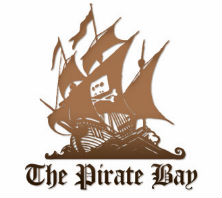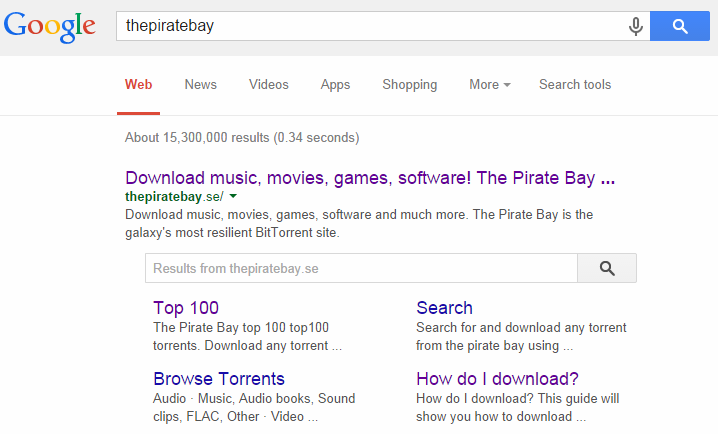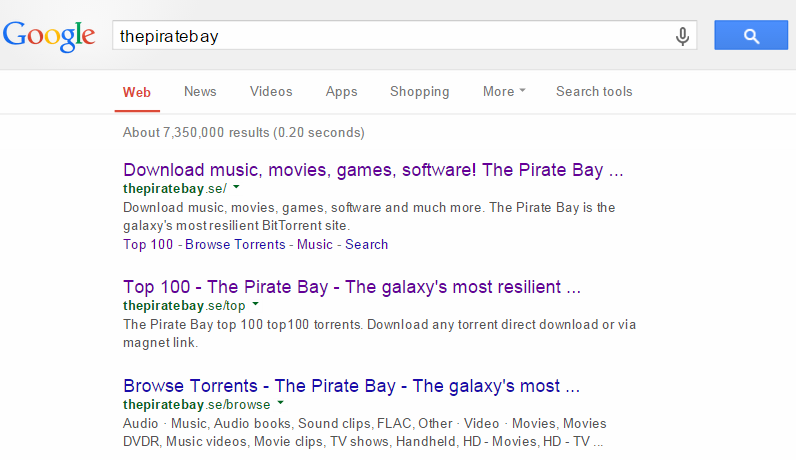New Github DMCA Policy Gives Alleged Infringers a Second Chance
vendredi 17 octobre 2014 à 10:31 Like other highly-trafficked domains relying heavily on user contributed content, coding and collaboration platform Github now publishes its own transparency report detailing copyright-related complaints received by the company.
Like other highly-trafficked domains relying heavily on user contributed content, coding and collaboration platform Github now publishes its own transparency report detailing copyright-related complaints received by the company.
Some of these DMCA notices have been reported here on TF in recent months, including one sent by the MPAA which effectively ended Popcorn Time’s presence on the site and another sent by Microsoft targeting an Xbox music app.
Now, in a move to bring more transparency and clarity to its copyright processes, Github has announced significant changes to the way it handles DMCA complaints. The company says that three major changes have been implemented in order to improve on-site experience and better serve users.
In the first instance, copyright owners will need to conduct their investigations as usual and send a properly formatted takedown notice to Github. Presuming it meets statutory requirements, Github will publish it in their transparency report and pass a link to the user in question.
At this point Github’s new policy begins to take effect. Previously the company would’ve immediately taken down the complained-about content but Github now says it wants to provide alleged infringers with a chance to put things right “whenever possible.”
24 hours to take action
To this end, Github says users will have the opportunity to modify or remove content within 24 hours of a complaint. Copyright holders will be notified that Github has given the affected user this leeway and it will be down to the user to inform Github within the allotted period that the appropriate changes have been made. Failure to do so will see the repository removed.
Despite this wiggle room, not all complaints will result in the luxury of a 24 hour ‘action’ period. Should a DMCA notice claim that the entire contents of a repository infringe, the repository in question will be removed “expeditiously.”
Forks will not be automatically disabled
The second significant change is that when Github receives a copyright complaint against a parent repository, it will not automatically disable project forks. For that to happen any complaint will have to specifically include not only the parent’s URL, but also the locations of all related forks.
“GitHub will not automatically disable forks when disabling a parent repository. This is because forks belong to different users, may have been altered in significant ways, and may be licensed or used in a different way that is protected by the fair-use doctrine,” Github explains.
Fighting back: Counter-notices
As required by law, users affected by takedown notices have a right of reply if they believe they’ve been wrongly targeted. Sufficiently detailed counter notices can be submitted to Github for forwarding to complaining rightsholders. They will also be published in the site’s transparency report.
This right of reply is very important and one that appears to be under utilized. Earlier this month Github published a complaint which targeted and took down a wide range of addons for the popular media player XBMC.
Apparently sent by ‘DMCA Secure’, a company that has no immediately visible web presence, the notice claimed to represent a wide range of copyright holders including Sony, Fox, Dreamworks, NFL and WWE, to name just a few.
The notice is unusual. While it’s common for the first three companies to team up, we’d never seen a notice featuring such a wide range of diverse rightsholders before. Also, while the functionality of the code could give rise to copyright issues, none of those companies own the copyrights to the code in question.
TF put it to Github that the complaint looked unusual and might even be bogus, but the company declined to comment on specific cases. Like many companies in similar positions, it appears Github has to take notices on face value and relies on users to submit counter-notices to air their complaints. None of the repositories in question have done so.
Github’s revamped DMCA policy can be found here, along with how-to guides on submitting takedown and counter notices.
While Github is well-known in the technology sector, it may come as a surprise just how popular the service is. Around seven million people use the site and according to Alexa, Github.com is the 127th most-visited domain in the world.
Source: TorrentFreak, for the latest info on copyright, file-sharing and anonymous VPN services.

 Earlier this month it was
Earlier this month it was  In 2013, copyright groups including the local equivalents of the RIAA (STEF) and MPAA (SMAIS) reported the operators of The Pirate Bay to Icelandic police. It had zero negative effect on the site.
In 2013, copyright groups including the local equivalents of the RIAA (STEF) and MPAA (SMAIS) reported the operators of The Pirate Bay to Icelandic police. It had zero negative effect on the site.

